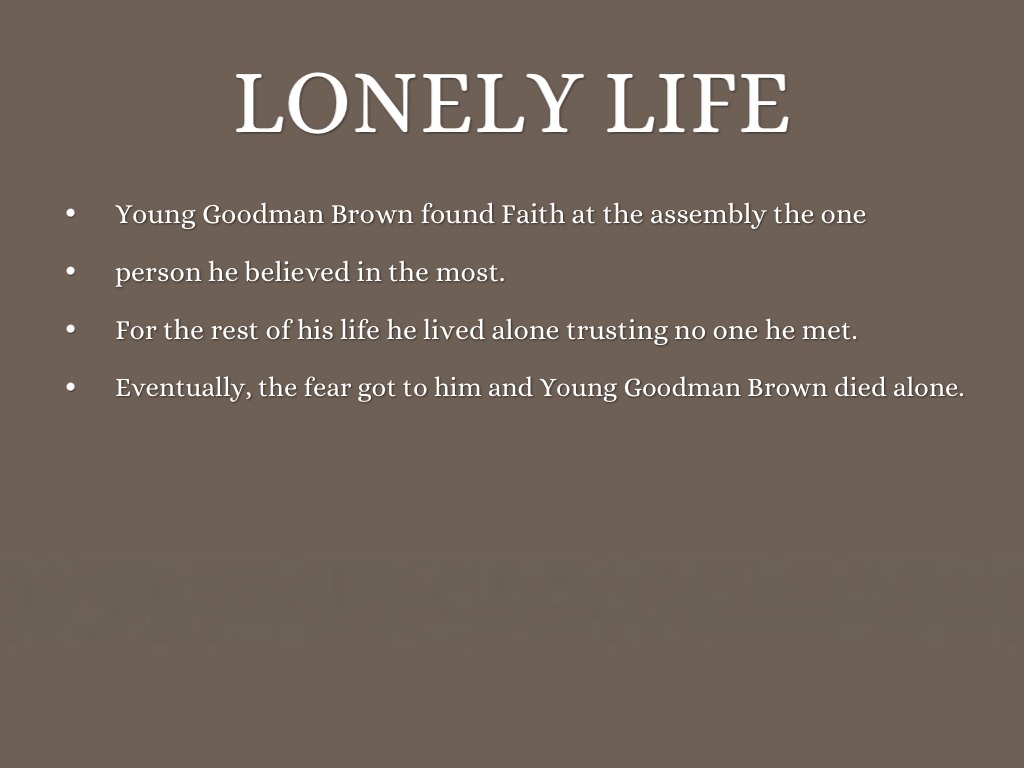In today's digital landscape, the phenomenon known as "dry begging" has gained significant traction, particularly within social media circles. This term refers to the subtle art of soliciting help, support, or resources without overtly asking for them. It often manifests through vague posts that hint at a need for assistance while stopping short of making a direct request. The nuances of dry begging can be perplexing, as it straddles the line between genuine expression of need and a more manipulative form of seeking attention.
As individuals navigate their personal and financial challenges, many find themselves resorting to dry begging as a means of coping. This behavior can stem from a desire for community support without the stigma of outright begging. However, the implications of dry begging can be complex. While it may garner sympathy and support, it can also lead to misunderstandings and strained relationships among friends and followers who may feel manipulated or unsure about the intent behind such posts.
In this article, we will delve deep into the concept of dry begging, exploring its origins, its impact on social interactions, and the psychological motivations behind it. Additionally, we will provide insights into how to identify dry begging behaviors in others and discuss healthier alternatives for communicating needs and seeking support. By understanding this intriguing phenomenon, we can foster more authentic connections in our social circles.
What is Dry Begging?
Dry begging, at its core, is a form of indirect solicitation. Unlike traditional begging, which is explicit and straightforward, dry begging involves a more subtle approach. It can manifest in various ways, such as posting about financial struggles without explicitly stating the need for help or sharing sad stories that evoke sympathy. This method often leaves the audience guessing about the poster's true intentions.
How Does Dry Begging Affect Relationships?
The impact of dry begging on relationships can be profound. On one hand, it may elicit sympathy and support; on the other hand, it can create feelings of discomfort among friends and family. Those on the receiving end may feel pressured to respond or are left feeling uncertain about how to help. The ambiguity surrounding dry begging can lead to misunderstandings and resentment, potentially straining relationships.
What Are the Psychological Motivations Behind Dry Begging?
Several psychological factors can drive individuals to engage in dry begging. These may include:
- Fear of Rejection: Many individuals fear direct rejection when asking for help, leading them to adopt a more subtle approach.
- Desire for Validation: Some may seek attention and validation from their social circles, using dry begging as a means to achieve this.
- Social Pressure: In certain environments, there may be an unspoken expectation to demonstrate vulnerability without directly asking for support.
Can Dry Begging Be Considered Manipulative?
This is a contentious topic. While some view dry begging as a sincere cry for help, others perceive it as a manipulative tactic. The crux of the matter lies in the intention behind the behavior. If an individual uses dry begging to gain undue sympathy or resources without genuine need, it can be considered manipulative. However, if it stems from a place of vulnerability and a lack of direct communication skills, the intent may be less nefarious.
How Can We Encourage Healthy Communication?
To foster healthier interactions, it is essential to encourage open and direct communication about needs and support. Here are some strategies to promote this:
- Model Transparency: Be open about your challenges and seek help directly when needed. This sets a precedent for others to do the same.
- Provide Safe Spaces: Create environments where individuals feel comfortable sharing their struggles without fear of judgment.
- Educate on Vulnerability: Discuss the importance of vulnerability and how it can strengthen relationships rather than weaken them.
Are There Alternatives to Dry Begging?
Indeed, there are healthier alternatives to dry begging that can facilitate genuine connection and support. Some alternatives include:
- Direct Requests: Simply asking for help when in need can be effective and lead to more meaningful support.
- Sharing Experiences: Instead of hinting at struggles, share personal stories that may resonate with others and invite them to offer support.
- Creating Support Groups: Establishing communities focused on mutual aid can provide a structured way to seek and offer help.
Conclusion: Navigating the Landscape of Dry Begging
In conclusion, dry begging presents a complex interplay of vulnerability, social dynamics, and psychological motivations. While it may serve as a coping mechanism for some, it is essential to recognize its potential pitfalls in relationships and communication. By fostering open dialogue and encouraging direct expressions of need, we can create healthier interactions and support systems that benefit everyone involved.
Personal Reflection on Dry Begging
Reflecting on the nuances of dry begging can provide valuable insights into our social behaviors and the ways we seek support. Understanding the feelings of discomfort that may arise from dry begging can encourage us to cultivate more authentic connections with those around us.
Did Amber Heard Have Jason Momoa's Baby? The Truth Behind The Rumors
Unveiling Matt Bomer's Relationships: A Journey Through Love And Companionship
Bruno Mars: A Glimpse Into His Family Life And Children


